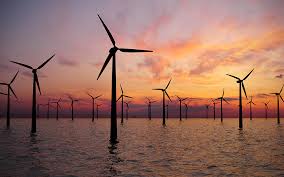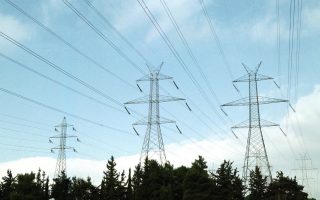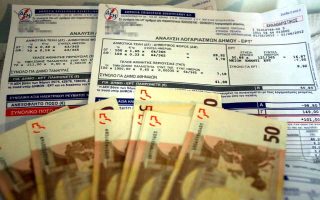Brussels: Energy diversification is crucial

Greece’s economy is particularly vulnerable to fluctuations in international energy prices due to its high dependence on fossil fuels, and despite the support provided to industry and low-income households, could be severely affected by prices, the European Commission noted this week.
The Commission pointed out that it can be especially difficult for vulnerable households to keep their homes warm enough and pay their electricity and gas bills on time.
The Greek economy’s high dependence on fossil fuels was reflected in energy prices in the first half of 2022, according to Brussels. Industrial prices in Greece were higher than the EU average. In contrast, the prices of household tariffs, although increasing, were much lower than the EU average. In the same period, natural gas prices for domestic use rose above the EU average. Ultimately, due to subsidies from the Energy Transition Fund and the state budget (8 billion euros), the prices consumers were charged were reduced by 50% for natural gas and up to 90% for electricity.
The Commission’s report acknowledged a number of positive interventions in the electricity market, but pointed out that Greece is lagging in some aspects that could potentially deprive consumers of access to more affordable energy and undermine their ability to participate in the energy transition.
One such example, it said, is Greece’s lag in the penetration of smart meters, a tool that, as it noted, allows consumers to actively participate in the market. This tool, combined with demand reduction, could play an important role in combating the current crisis and the high energy prices that consumers are facing, the report said. Greece has installed smart meters in just 3% of consumers’ homes, compared to a European average of 54%. A second aspect is PPC’s high share of the retail market, far exceeding the 50% target set by national legislation.
The Commission recommended reducing dependence on fossil fuels by further accelerating renewable energy sources and the diversification of energy supply routes. It referred to the further streamlining of the RES licensing framework, the completion of the regulatory frameworks for hydrogen and offshore wind power, and the establishment of a biomethane framework.





